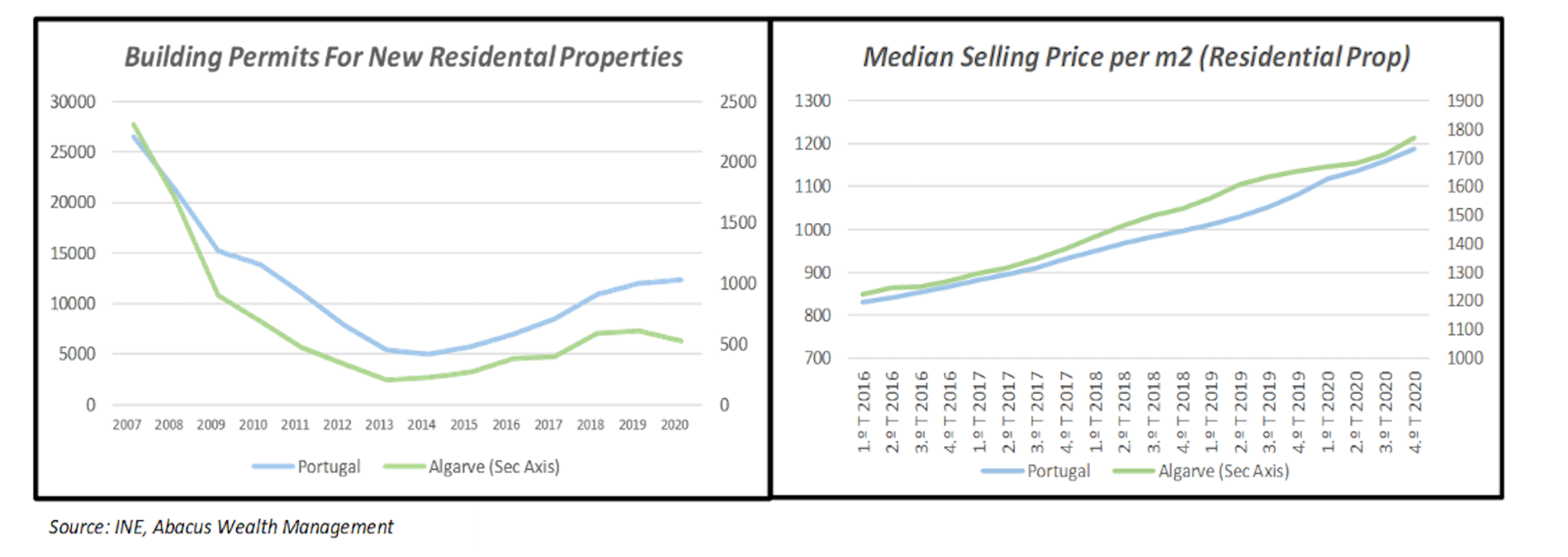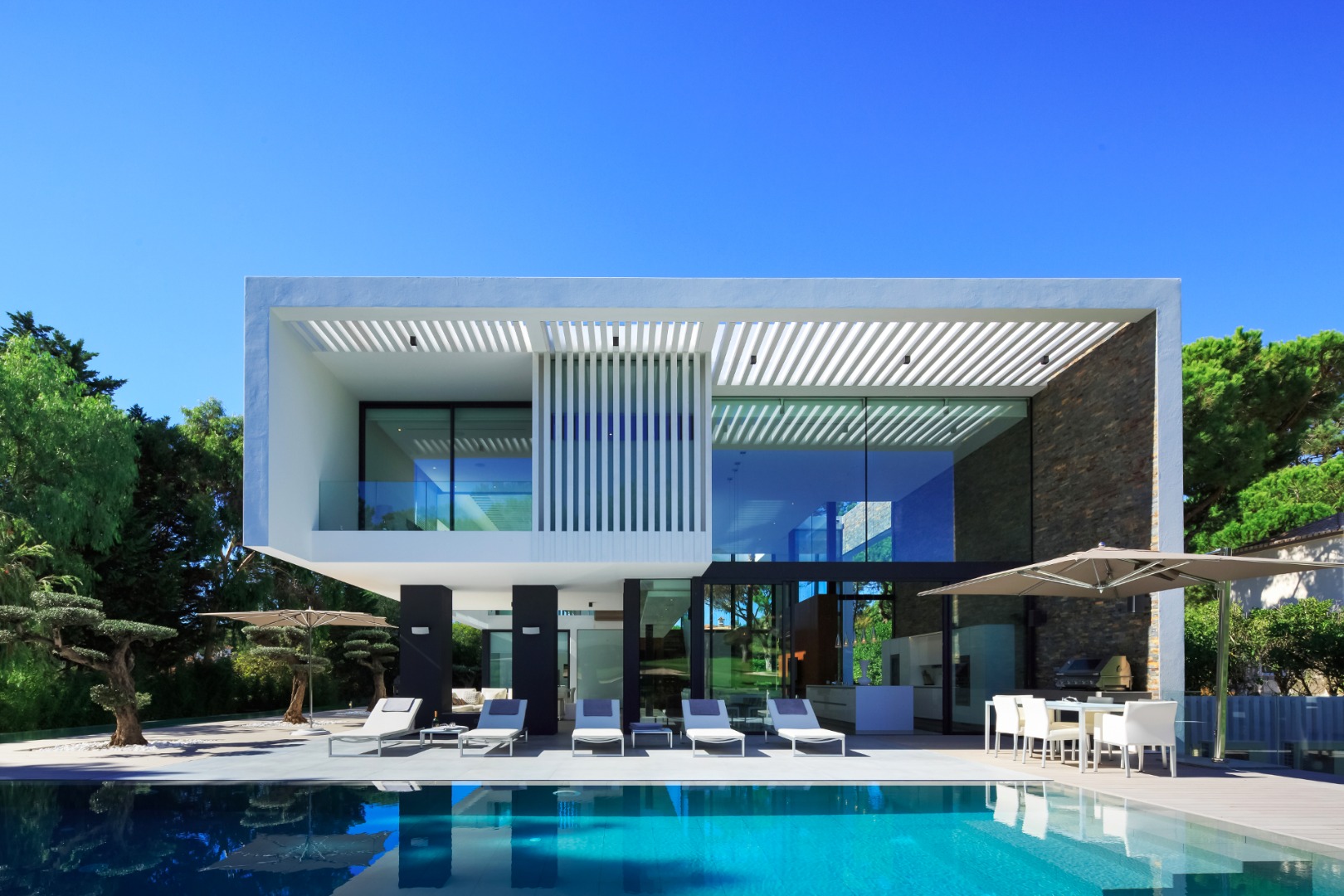2 Reasons Why the Algarve Real Estate still has Room to Grow
The Economics discipline teaches us that the price of every good, service or investment is determined by its supply and demand dynamics. The price of real estate is no exception. In this short piece, we will look at these two forces and try to answer the question every buyer asks himself/herself: will the real estate market continue to go up? Spoiler alert: yes, we think so! Here’s why:
Demand from retiring expats will continue at a strong pace:
The total number of Non-Habitual Residents has surpassed the 52,000 mark in 2020, and the last three years have all witnessed around 10,000 new applicants each year. This amazing growth rate speaks volumes about the program’s increasing popularity, which was established in 2009. The French account for the biggest slice of the pie (~18%), and they’re closely followed by British and Irish expats (~13%). Brazilians, Portuguese, Italians, and Swedish occupy the remaining spots in the ranking of top 6 most popular nationalities. In all these markets, the number of people retiring and leaving the workforce is growing at a rapid pace, and we see this as a tailwind for the Algarve Real Estate market.
A research paper by the National Bureau of Economic Research (NBER) shows that €10,000 invested in Portuguese Real Estate back in 1980 would have grown to around €106,766 in 2015, an inflation-adjusted growth rate of 7%.
SUPPLY-DEMAND IMBALANCE
The main reason why house prices rise over time is that demand (buyers) outpaces supply (sellers). On the demand side, we have:
-
An international cohort of retirees looking to relocate to Portugal, attracted by the Portuguese Non-Habitual Resident scheme.
-
Young Portuguese families looking to buy a bigger house as their families grow.
-
Young workers want to buy their first home.
Homeownership never recovered to pre 2008 numbers. In 2007 it was 75.5%, it now stands at 74%. Given that the Portuguese population grew since then, this indicates that we have eager buyers on the sidelines, looking to buy a property they can afford.
COVID HURT SUPPLY, HELPED DEMAND
One of the best ways to check the pulse on the supply side is to look at new building permits being granted. These permits eventually translate into finished new properties coming into the market. Bringing new properties to the market (assuming that existing homeowner aren’t forced to sell) is the only way to balance supply and demand. In the above graphs, we can see that during the 6 years between 2007 and 2013, Portugal and the Algarve had a decreasing number of permits being issued, which lead to the shortage of housing supply and growing real estate prices we’ve witnessed recently. It’s also interesting to observe that unlike most (uninformed?) people were expecting, property prices for residential homes held quite steadily during COVID. At best, the Algarve grew less than Portugal’s average, which may indicate that it is now relatively more attractive, relative to Portugal’s average, than before COVID.

Joao Feliciano Martins, Wealth Manager
Abacus Wealth Management
T: (+351) 289 396 277
E: joao.martins@abacuswealth.gi
My Wishlist
Sign In / Register










